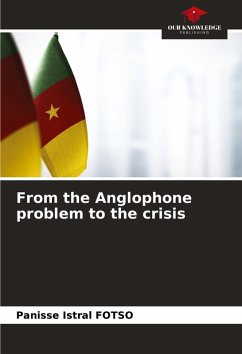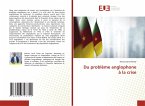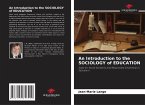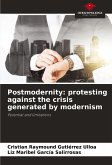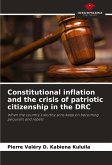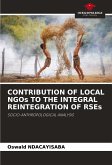We propose to investigate the evolution of the anglophone problem that has led to the crisis in the two English-speaking parts of Cameroon. This problem, which has become crucial for the State of Cameroon, has its roots in the post-colonial period, when one of the preoccupations of the rulers was the formation of a united and stable nation. This led to the postulate of coloniaphony. In other words, attachment to a colonial identity. In a historical-constructivist approach, we have identified three categories of identity construction: the colonial matrix marked by a dual colonial heritage, which laid the foundations for the problem of the form of the state from 1960 onwards; the abolition of federalism in 1972; and, finally, the feeling of marginalization of English-speakers by the French-speaking majority. This problem dates back to 1961, when the political elites of French-speaking and English-speaking Cameroon, with Franco-British assistance, came together to form a federal state. Contrary to Anglophones' expectations, this form of state did not encourage the equal sharing of their dual cultural heritage, including what they consider to be their "cultural heritage".
Bitte wählen Sie Ihr Anliegen aus.
Rechnungen
Retourenschein anfordern
Bestellstatus
Storno

